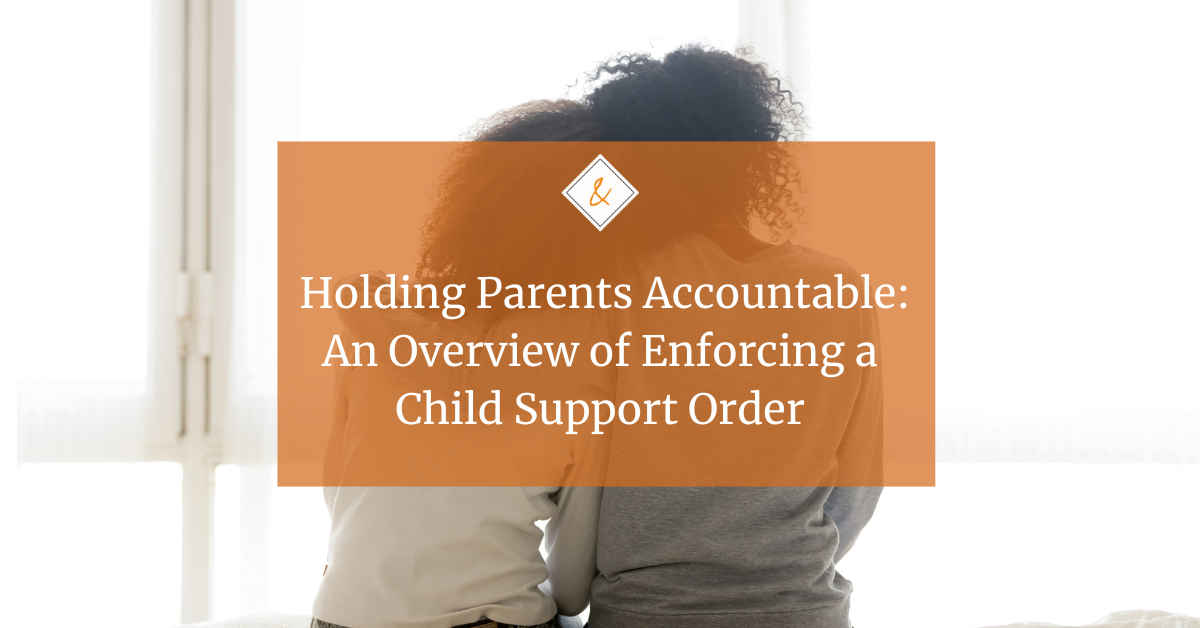Spring has sprung and it brings high school graduates who will be heading off to college. You can hear the pomp and circumstance music playing as you proudly watch your child march across the stage and receive their diploma. But….you have a pit in your stomach when you think about how you are going to pay for the next four years. When you were together, you and your spouse or partner had always anticipated that you would help in any way you could to pay your children’s college expenses, but now that you are separated, one or both of you may be having second thoughts for a number of reasons. You may be concerned about your own financial security and are unsure what assets or level of support you may receive when the divorce is concluded. You may not be able to contribute to college expenses if you have to pay ongoing support to your spouse. Who, you ask, will be responsible for paying for the children’s college education?
Many parents are surprised to learn that in the state of Pennsylvania there is absolutely no obligation for a parent to pay for the college education of a child. So, practically speaking, what does that mean for you if you are going through a divorce? Since Judges cannot impose any obligation on a party to pay for college, you will not be ordered to do so. However, if you agree to do so as part of the overall negotiations of the other economic issues in your divorce, you will be bound to that agreement as you would be to any contract you may enter into.
Given that the expense of a college education only seems to get more expensive with each passing year, many parents start setting aside funds once their children are born so that they have the ability to pay for their college education in the future. One solution is to agree to apply whatever funds you and your spouse have already set aside for the children in 529 college savings accounts, or other savings vehicles. If those funds are not enough, then you could agree to pay the shortfall in proportion to your incomes. You may also want to place a cap on your contribution and/or limit it to the cost of a four-year public university, like The Pennsylvania State University, rather than exposing yourself to paying for the cost of a private school like the University of Pennsylvania. You may also make your contributions contingent upon your agreeing to the choice of college for the child, provided your agreement is not unreasonably withheld.
With respect to any 529 savings account, although a child may be the beneficiary, the spouse who is the participant of the account actually owns the funds, and therefore, the 529 account is a marital asset subject to distribution between the parties upon divorce, unless the parties agree that these accounts will not be considered assets to be divided, but rather funds to be used to pay college expenses.
Further, the parent who is not the owner of the account may want to request that he or she receive duplicate account statements to make sure that the owner/participant spouse does not make withdrawals from the account or spend the funds without the other parent’s knowledge. Unlike custodial accounts (Uniform Transfers to Minor Accounts and Uniform Gifts to Minors Accounts), 529 college savings accounts do not become the property of the beneficiary at their age of majority (21 for UTMA accounts or 18 for UGMA accounts, respectively in Pennsylvania) and the participant/owner can do whatever he or she wants with the funds (subject to penalties and taxes on the money withdrawn if it is withdrawn for non-educational reasons). The beneficiary and the contributors to the account have no say in the matter.
The bottom line is that you do not have to contractually agree to pay for college and you can simply decide to do what you want when the time comes; just remember that if you do agree to contribute you will be bound to do so.



